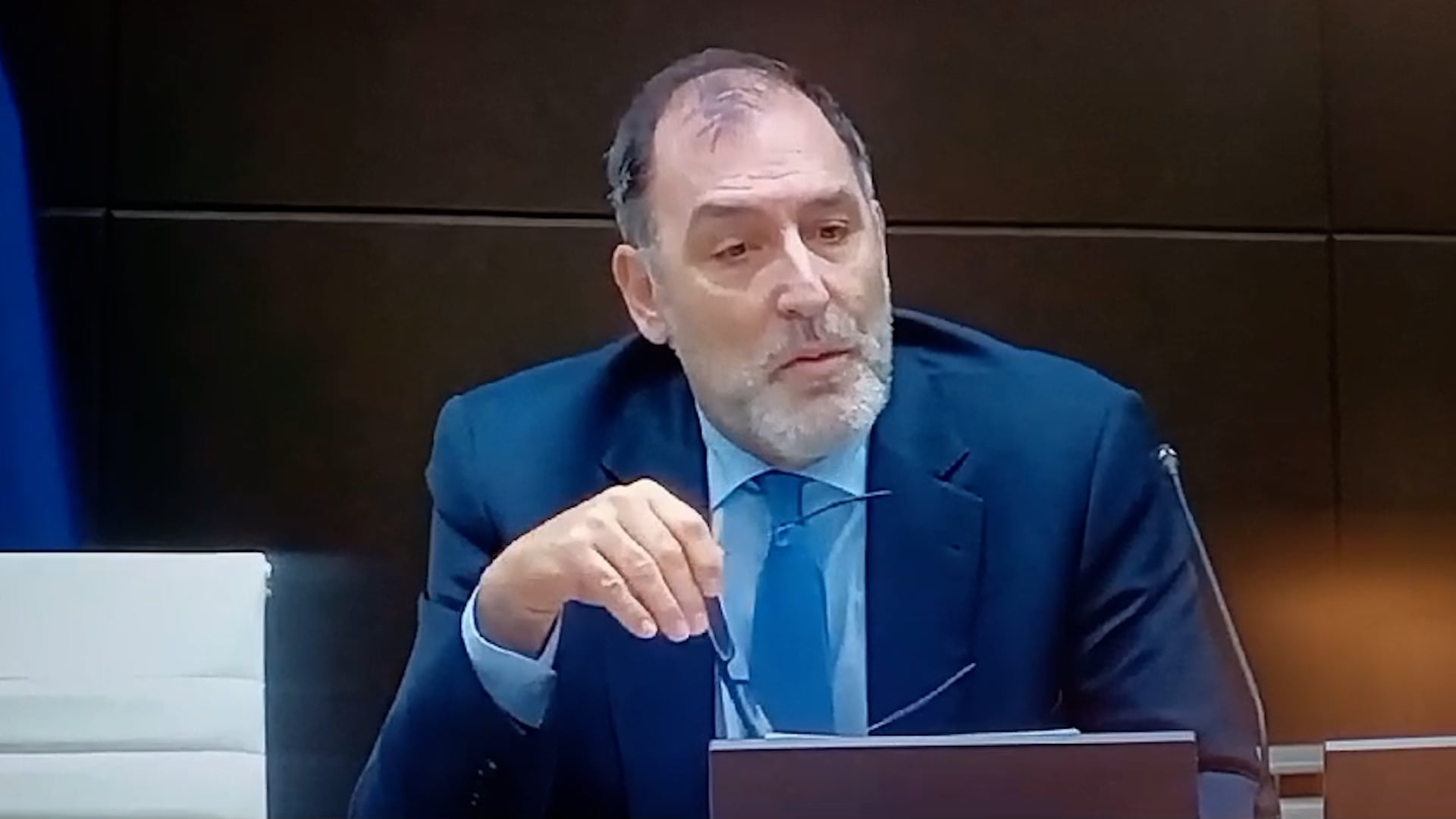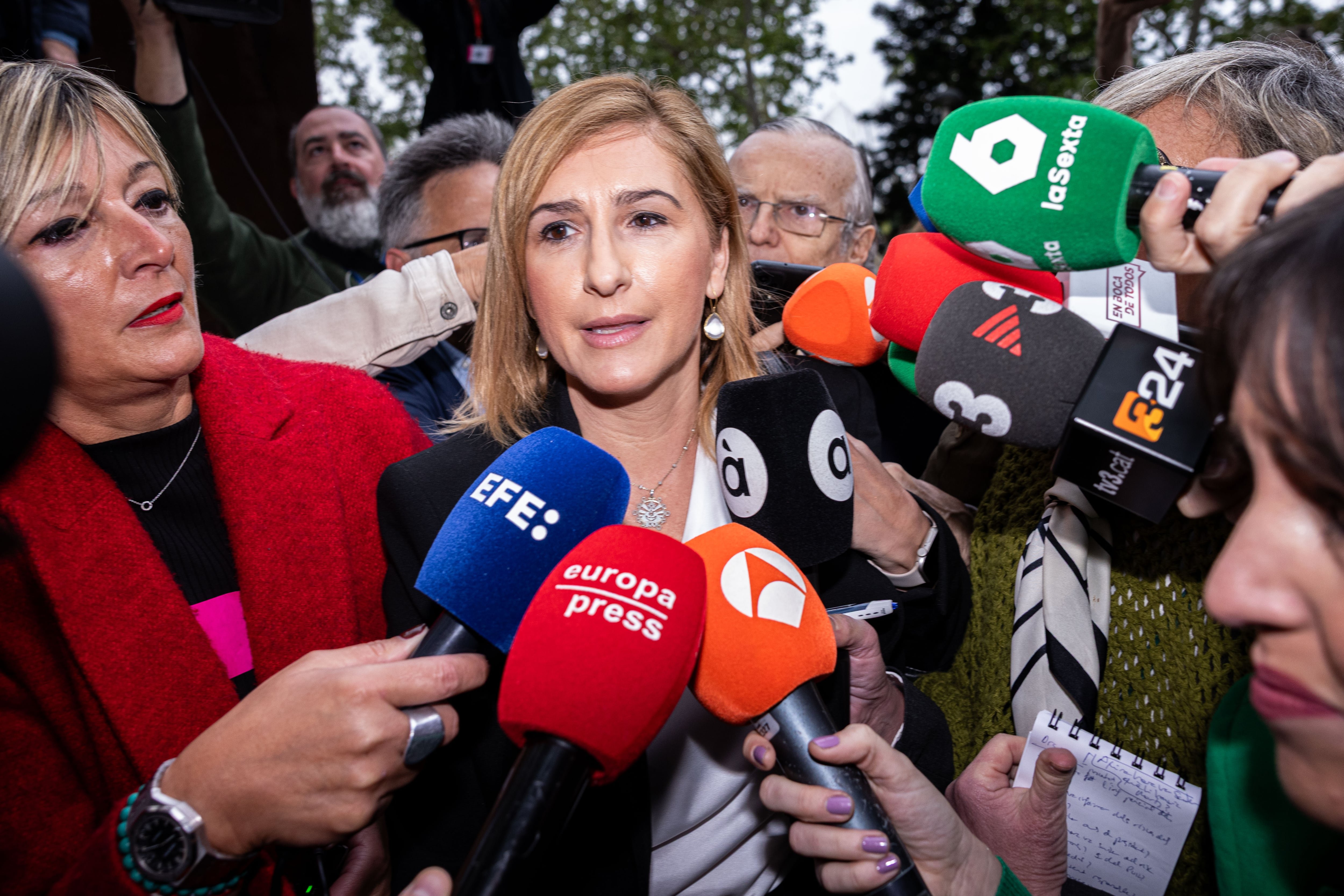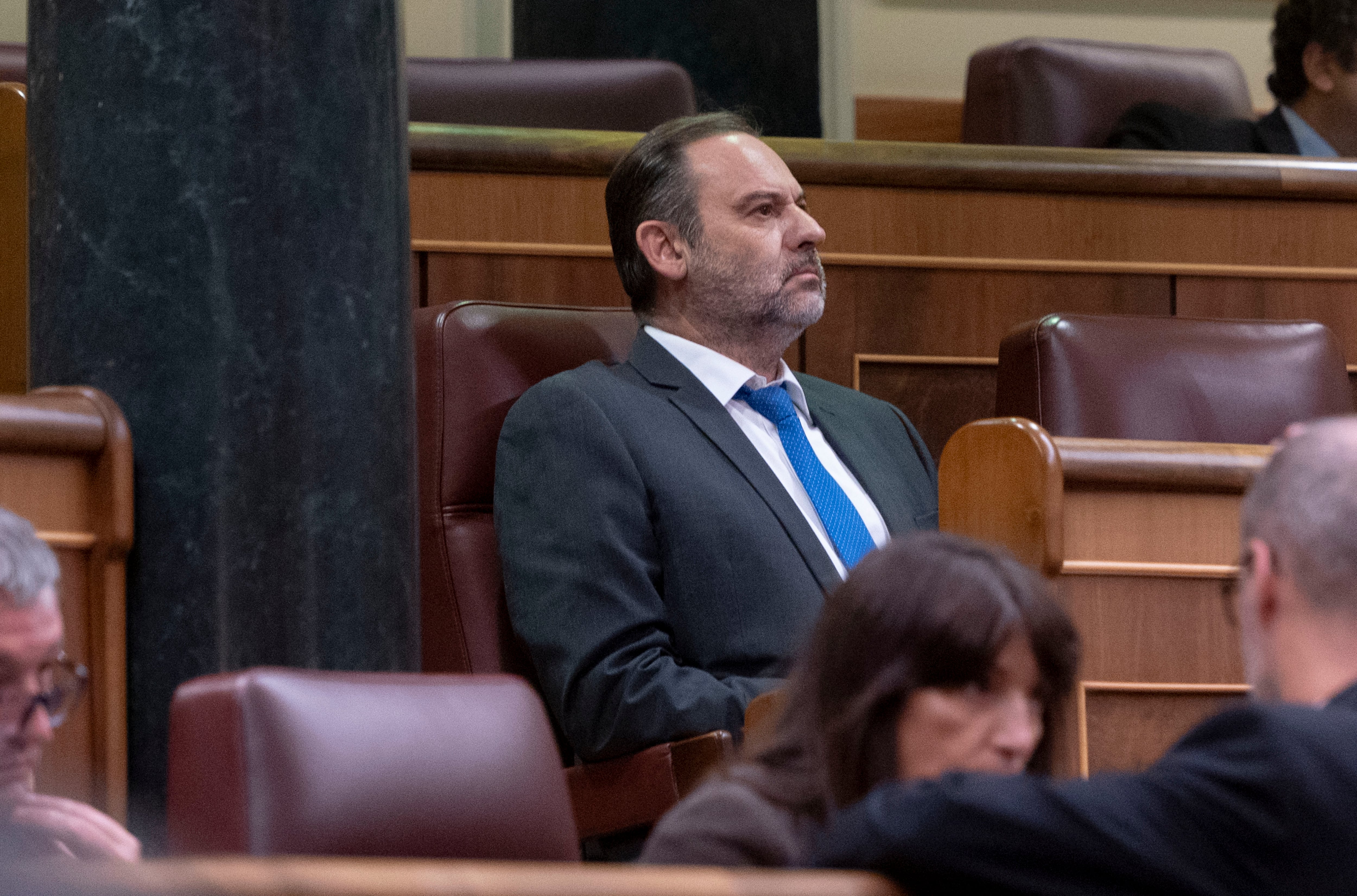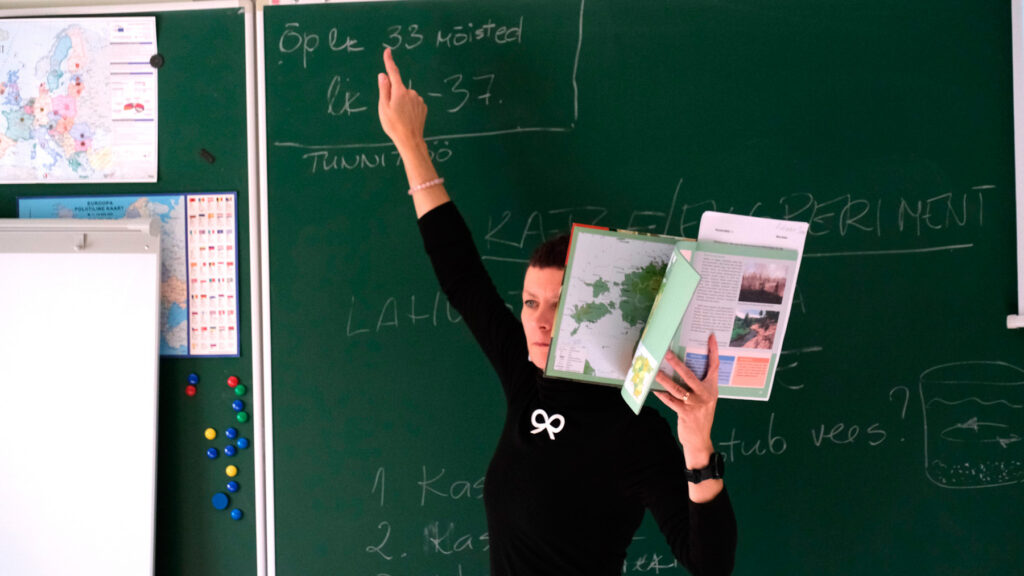The National Court concludes now that it is not competent to judge the family the Asad by Blanqueo | Spain
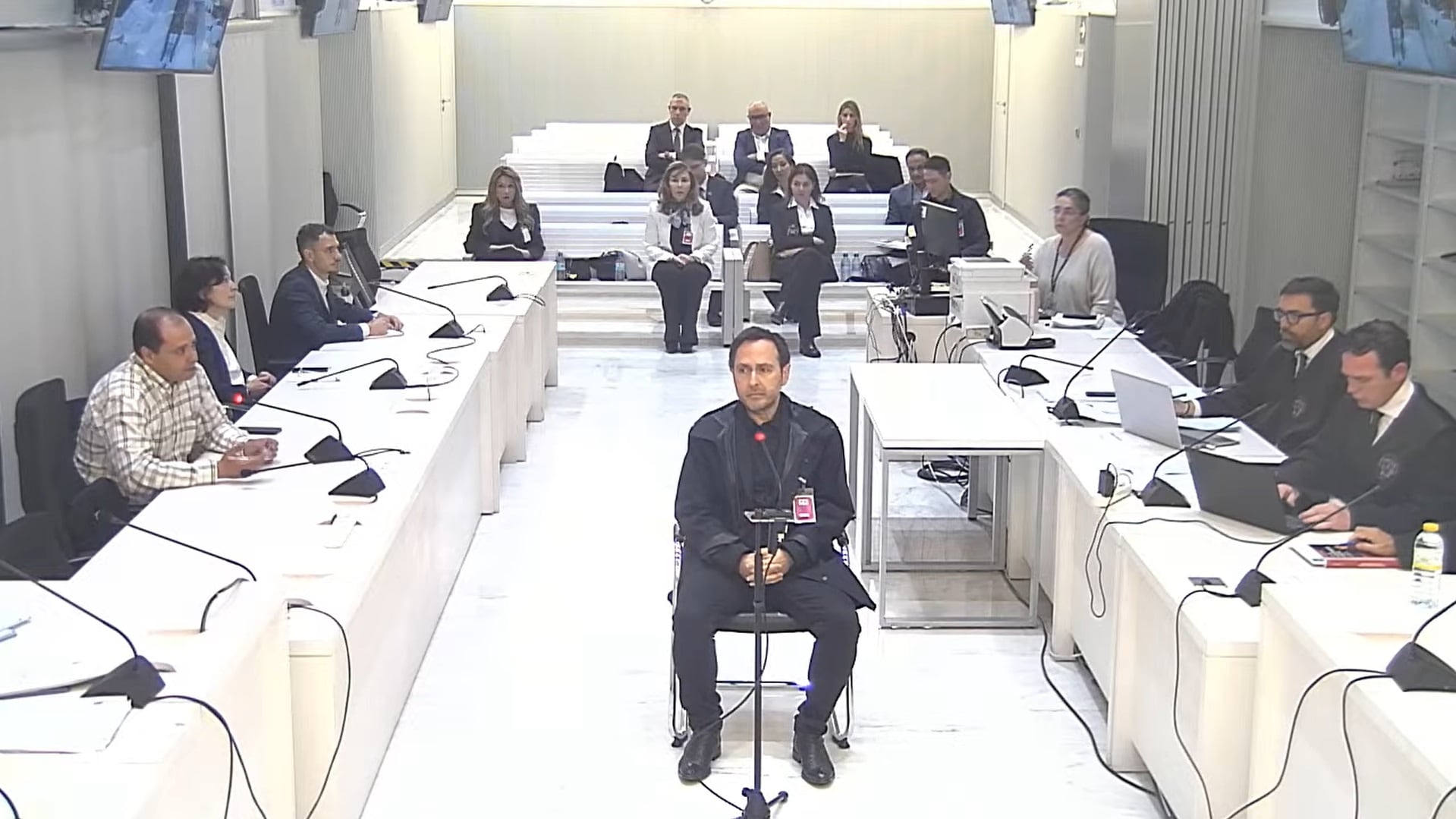
The National Court has rejected the competition to judge by money laundering to several members of the El Asad family, which Syria ruled with iron fist for more than half a century (until the regime drop in December 2024). Judge Francisco J. Vieira announced on Tuesday the decision of the court, within a few minutes of starting the second session of the oral hearing that Feel on the bench two wives and six children of Rifaat el Asadformer vice president of the Asian country and uncle of Bachar El Asad, overthrown last year.
The court thus accepts one of the claims raised on Monday by the defenses. During the first day of the trial, dedicated to previous issues, family lawyers El Asad requested that the cause be sent to the Provincial Court of Malaga, considering that the National Court lacks competence to judge the crimes that are charged to them. A thesis that the court has accepted, as announced on Tuesday. « A car will be issued in which we estimate that the National Court for the prosecution of these facts is not competent in the terms in which the accusation brief is raised, » said magistrate Francisco J. Vieira.
This decision impacts the prosecutor’s criteria, which has defended that the trial must continue at the National Court, where All research was developed. The Public Ministry, who asks for six years in jail for the eight defendants, argued that Rifaal El Asad, his two wives and children formed an « organization » to boast a « transnational » laundering plot. The Prosecutor’s Office also requested eight years in jail for former Syrian vice president, but he does not finally feel on the bench due to health problems.
Rifaat El Asad was Syrian vice president when his brother, Hafez El Asad, father of Bashar el Asad. At that stage, he held positions of enormous power. « He controlled the information services and was head of the so -called defense brigades, whose function was the defense of the regime, » recalls the Public Ministry, which rises: « Along with it, he organized and directed a paramilitary group, whose object was the irregular detention of opponents of the regime and its subsequent disappearance, also serving for kidnapping and extortion. »
According to the Prosecutor’s Office in his accusation brief, this position allowed him to undertake “a systematic enrichment campaign by irregular means”, based on four axes: smuggling, traffic of works of art, the sale of usurped properties and the trafficking of narcotic substances – fundamentally, hashish. However, in the 1980s, Rifaat El Asad « tried to take power and move to his brother, » but did not succeed. Then, Hafez the Asad « forced him to go into exile, in exchange for giving him enough money for him and his. »
The accusation estimates that the then Syrian president gave his brother more than 214 million dollars of the time (more than 189 million euros to the current change) from the state coffers, in addition to anticipating another 100 million dollars to finance his departure abroad in advance. « The total money of illicit origin (in the hands of Rifaat El Asad), for various backgrounds, has been estimated by the Syrian opposition in around 4,000 million dollars of the time, » the Prosecutor’s Office adds.
After settling in France, Rifaat the Asad began to buy real estate properties. And, according to the Public Ministry, he also « designed a corporate structure in order to acquire in Spanish territory a series of real estate » with « funds of illicit origin. » In this way, supposedly hid its origin and introduced part of that fortune in legal economic activity. « For this, not only people who designed such a corporate network in Gibraltar, but also of their family members, were used. These were theoretical members of the administration bodies of the different societies, executing all their slogans in order to give an appearance of normality (to operations), » summarizes the Prosecutor’s Office.
This Monday, during the first session of the view held at the National Court, the eight defendants denied the accusations: both two wives from Rifaat el Asad (Raja Barakat and Line Al Khayer) and six of their children (Sabla, Siwar, Mohamed Ali, Ribal, Native and Soumar). In addition to denying the jurisdiction of this court to prosecute them, their defenses also claimed that, in any case, the illegal operations imputed to them would have prescribed and even that they were not considered a crime in the eighties, when they allegedly carried out.

